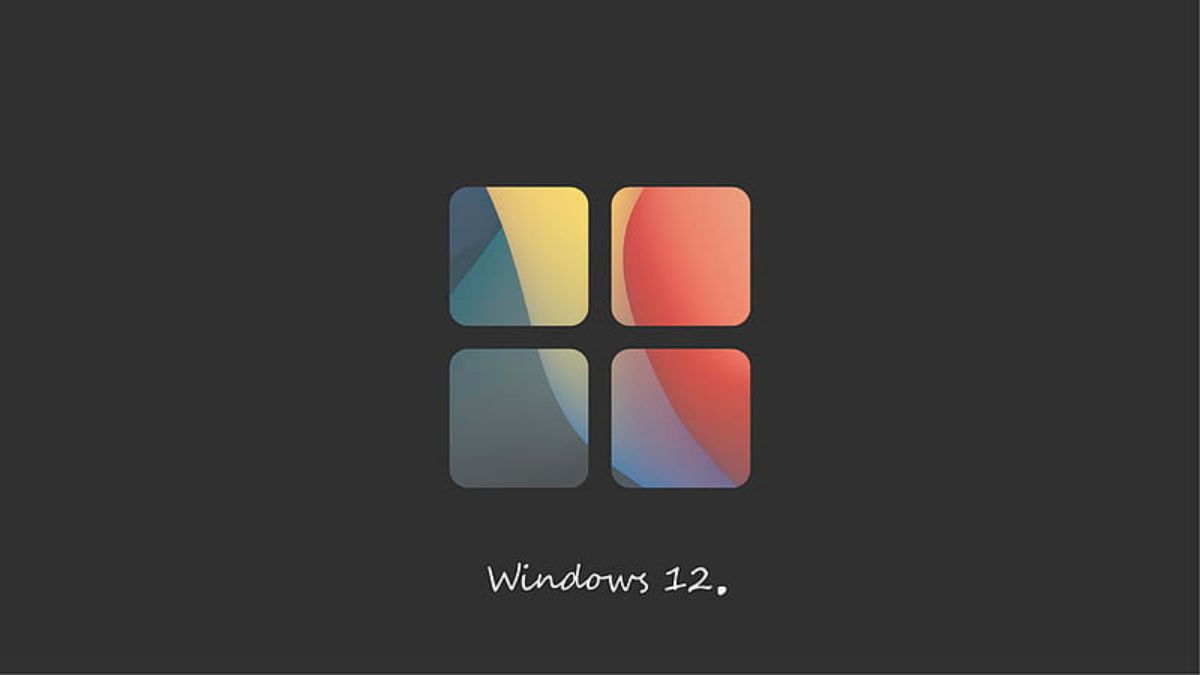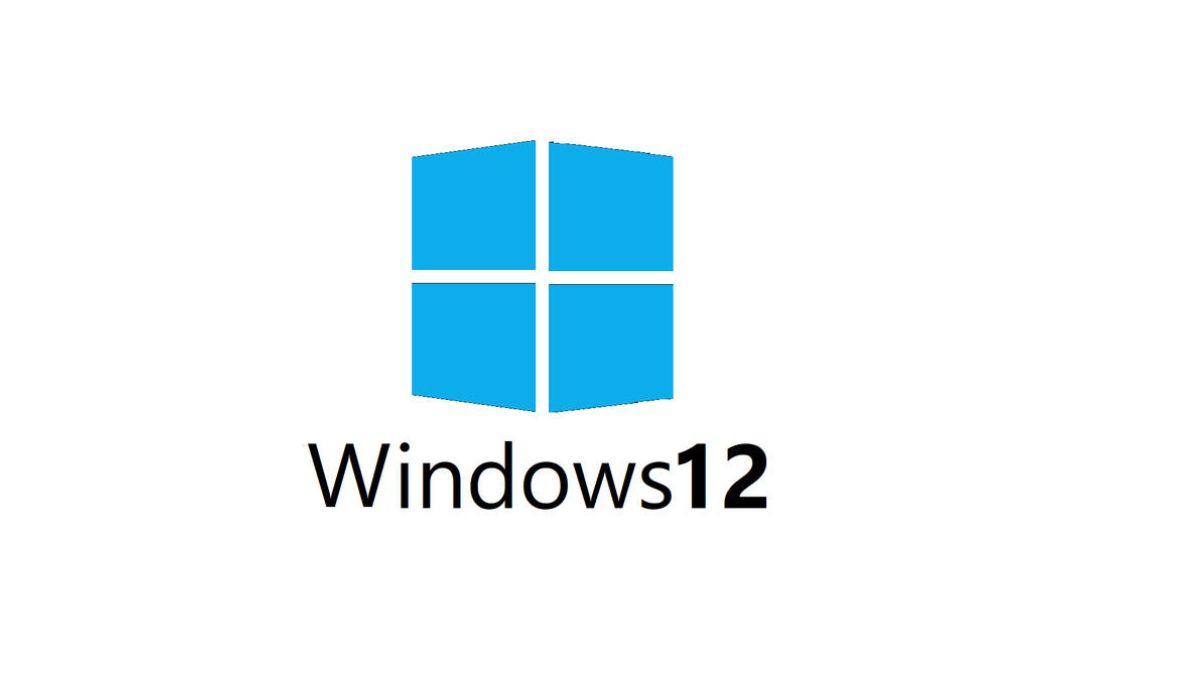With quicker updates, AI integrations, and more, Windows 12 will be a unique, modular monster.
March 30, 2023 By Omal J

(Image Credit Google)
Image Credit: Peakpx
At this point, Windows 12 is all but confirmed, and there are several hints as to what we may anticipate from the following significant Microsoft release. A quicker update cycle than Windows 11 is one possibility. There are also rumors of an OS that is more modular and has parts that will live on various partitions. While providing customers with seamless upgrades to the complete range of app compatibility, new capabilities could also make the operating system simpler to operate on devices with lower processing power.
Microsoft has previously invested years in trying to modernize the Windows platform, even going so far as to create an entirely different version (Windows 10X) for customers who didn't require all the legacy baggage that Windows has gathered over the years. The business decided to simply abandon the project and include those concepts in Windows while eliminating what it saw as unnecessary programs and functions as the globe moved towards hybrid work and study.
Before Windows 11, the most recent attempt was something called "Windows Core OS," which was designed to create a lightweight, stripped-down OS that would act as the foundation for a modular Windows that could then be packaged with the precise features required for the target device form factor, be it tablets, laptops, or desktop PCs.
That idea faced numerous technical difficulties, so it comes as no surprise that Microsoft chose a more progressive approach, which is what we see in Windows 11. But, according to Windows Central's Zac Bowden, the Redmond behemoth is developing Windows 12 (now code-named Hudson Valley), the successor to Windows 11, with many of Core OS's guiding principles in mind as part of a project entitled "CorePC."
Windows 12 will reportedly be divided into "states" that reside on various partitions on the storage drive, as opposed to Windows 11, which essentially made modifications to the user interface and out-of-the-box experience. Microsoft will find it easier to manage and update Windows as a result, and Windows customers will suffer less anxiety.
As a result of the altered OS architecture, system files will be isolated from user files and third-party apps, making security a little bit easier to maintain. At the same time, updating a single portion of the OS will be quicker and probably not always necessitate a system restart. It might become simpler to wipe educational gadgets in a manner akin to the Chromebook's "powerwash" capability.
By using this strategy, Microsoft will also be able to reduce the size of Windows on machines that would otherwise run "full-fat" Windows slowly and unresponsively. According to Bowden's inside sources, Windows 12 for education devices will demand 60 to 75 percent less storage than Windows 11 SE and will only run Office, Edge, Android apps, and web apps.
 Image Credit: DeviantArt
Image Credit: DeviantArt
Windows 12 will reportedly include a compatibility layer called "Neon" for devices that need to be compatible with legacy apps to make the switch to the new OS easier for consumers. A version of CorePC/Windows 12 that will reportedly be free of legacy features and optimized for upcoming silicon from Intel, AMD, Nvidia, and Qualcomm is also reportedly in the works. This version is said to place a strong emphasis on AI-based features, which sound a lot like a supercharged Clippy following you around the OS and making contextual suggestions.
Until Microsoft decides to release CorePC to people, a lot could change because the project is still in its early stages. The notion is supposed to make its debut with Windows 12 sometime in 2024, but if the business encounters any significant obstacles along the way, that date may be postponed.
Read More: The Future of Audi: From Legacy Automaker to All-Electric Manufacturer
Microsoft has already accelerated the release cycle for features in Windows 11 so that it can now distribute them as "monthly quality upgrades" as opposed to compiling them into annual releases. The company is rushing to introduce additional AI-powered features and integrations to the OS and apps like Teams, Edge, and the Microsoft 365 suite, so the next one won't be far behind the one we saw earlier this month.
By Omal J
I worked for both print and electronic media as a feature journalist. Writing, traveling, and DIY sum up her life.

 Image Credit: DeviantArt
Windows 12 will reportedly include a compatibility layer called "Neon" for devices that need to be compatible with legacy apps to make the switch to the new OS easier for consumers. A version of CorePC/Windows 12 that will reportedly be free of legacy features and optimized for upcoming silicon from Intel, AMD, Nvidia, and Qualcomm is also reportedly in the works. This version is said to place a strong emphasis on AI-based features, which sound a lot like a supercharged Clippy following you around the OS and making contextual suggestions.
Until Microsoft decides to release CorePC to people, a lot could change because the project is still in its early stages. The notion is supposed to make its debut with Windows 12 sometime in 2024, but if the business encounters any significant obstacles along the way, that date may be postponed.
Read More: The Future of Audi: From Legacy Automaker to All-Electric Manufacturer
Microsoft has already accelerated the release cycle for features in Windows 11 so that it can now distribute them as "monthly quality upgrades" as opposed to compiling them into annual releases. The company is rushing to introduce additional AI-powered features and integrations to the OS and apps like Teams, Edge, and the Microsoft 365 suite, so the next one won't be far behind the one we saw earlier this month.
Image Credit: DeviantArt
Windows 12 will reportedly include a compatibility layer called "Neon" for devices that need to be compatible with legacy apps to make the switch to the new OS easier for consumers. A version of CorePC/Windows 12 that will reportedly be free of legacy features and optimized for upcoming silicon from Intel, AMD, Nvidia, and Qualcomm is also reportedly in the works. This version is said to place a strong emphasis on AI-based features, which sound a lot like a supercharged Clippy following you around the OS and making contextual suggestions.
Until Microsoft decides to release CorePC to people, a lot could change because the project is still in its early stages. The notion is supposed to make its debut with Windows 12 sometime in 2024, but if the business encounters any significant obstacles along the way, that date may be postponed.
Read More: The Future of Audi: From Legacy Automaker to All-Electric Manufacturer
Microsoft has already accelerated the release cycle for features in Windows 11 so that it can now distribute them as "monthly quality upgrades" as opposed to compiling them into annual releases. The company is rushing to introduce additional AI-powered features and integrations to the OS and apps like Teams, Edge, and the Microsoft 365 suite, so the next one won't be far behind the one we saw earlier this month.






